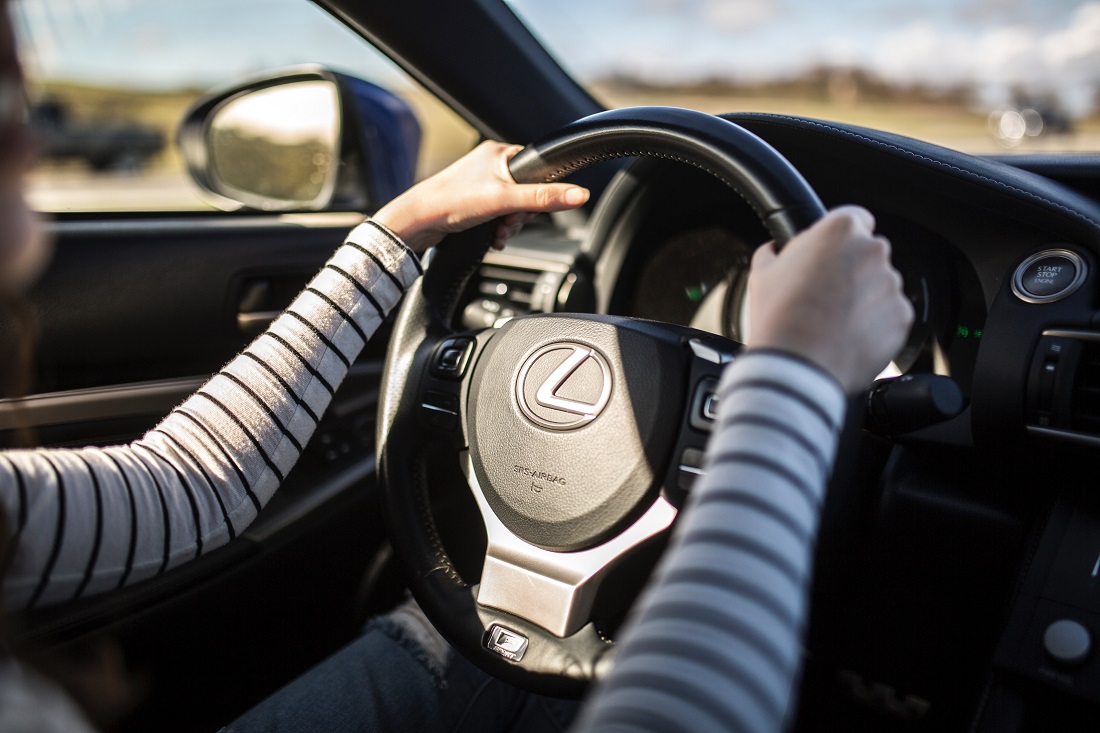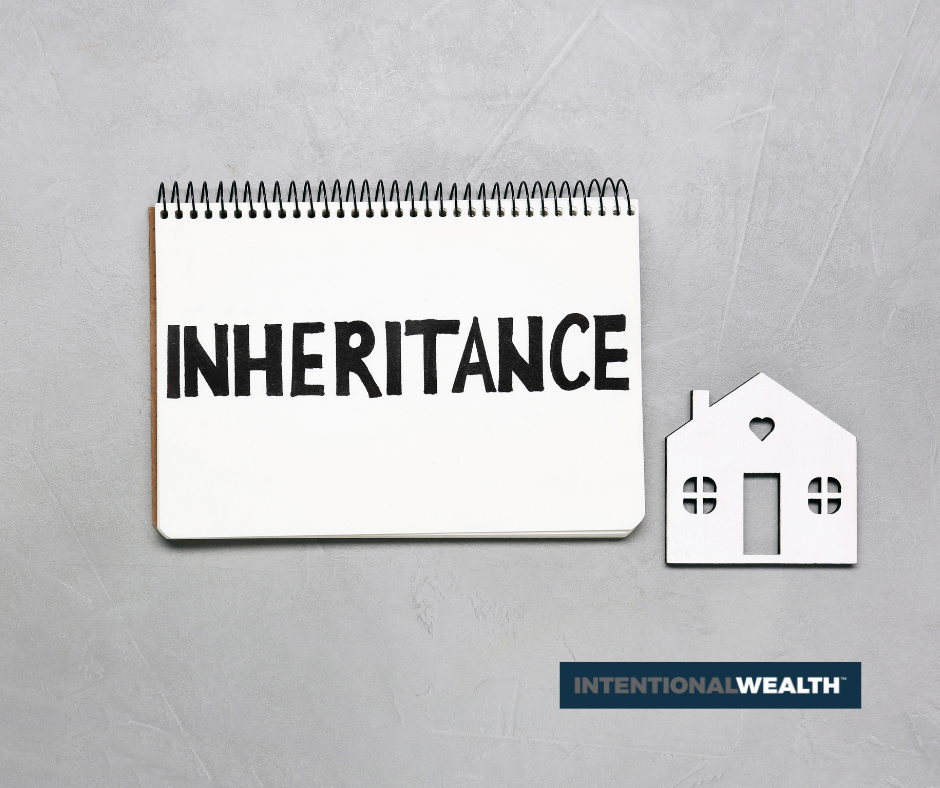You work hard to earn a good income, so it’s only natural you want to treat yourself to a few nice things … a luxury holiday, the latest technology or even a new car.
But before you rush out to spend your hard-earned cash on the latest model 4WD (or whichever vehicle it is that gets your engine running), stop for a moment and consider one thing – how much is that new car really going to cost you?
It’s not hard to be won over by all the bells and whistles in the glossy brochures, not to mention the allure of that new car smell.
But if you’re looking to borrow a little more to fund your purchase, there’s a battalion of hidden costs waiting to wage war on your bottom line – now and in the future.
Let’s say you decide to go ahead and upgrade to that top-of-the-line 4WD you’ve had your eye on. You’ve done your homework, shopped around and wrangled a deal from the sales guy, with a changeover price of $50,000.
While you’re on a good wicket at work, you still don’t have all the cash you need to fund your purchase from your savings account so you decide to add it on to your mortgage. Interest rates are at an all-time low at the moment so it won’t hurt to bump up the total just a little, right? Wrong!
If you are borrowing to fund the purchase of a car, you are borrowing from your future self.
An extra $50,000 on your home loan could add six years to the term of your mortgage, and up to $29,444 in extra interest costs (based on a $350,000 mortgage at 4.16% pa over 20 years, with no additional repayments).
Factor in the extra cost of insurance on the new vehicle, as well as depreciation over time and any funds you contributed up-front to the purchase of the vehicle, and you’d be investing well over $80,000 in an asset that will drop, on average, around 19 per cent of its value once you drive it off the lot and be worth almost 50 per cent of its original asking price after three years of ownership.
If you were to think of your car in terms of an investment, you’d run a mile from one that virtually guaranteed such a massive loss, with no ability to bounce back even if you stick with it for the long haul.
Think carefully before signing on the dotted line and ask yourself: do I really need it? Can I hold onto my current vehicle for another year or two before trading up? Or if your current vehicle is getting a bit long in the tooth, can you upgrade to a less expensive, or second-hand, option?
For most of us, our cars sit in the garage, driveway or parking lot for more than 22 hours every day. Is that really the best place to invest your funds?
Contact Leon to book your complimentary 15 minute phone or video chat.










